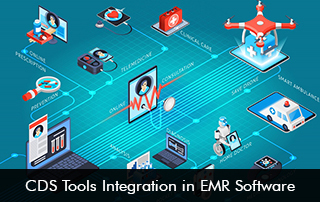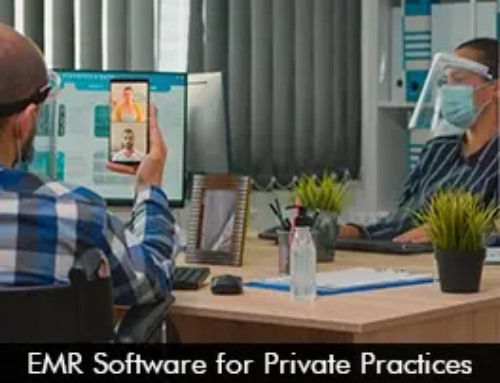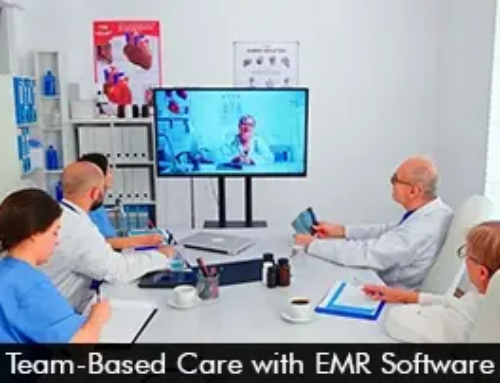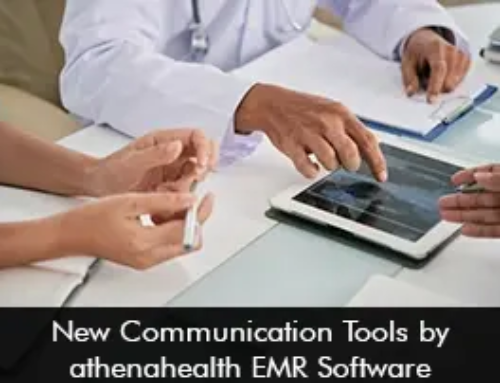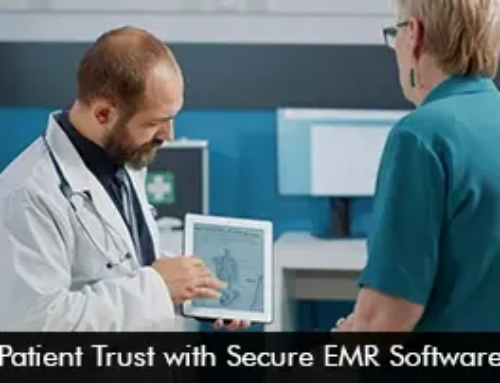Integrating Clinical Decision Support (CDS) into EMR Software is critical to improving patient care, minimizing medical errors, and increasing healthcare efficiency. Clinical Decision Support systems deliver real-time information and evidence-based recommendations to healthcare providers to aid them in making educated clinical decisions, which can boost health outcomes.
Impact of Poor CDS Integration in EMR Software
According to a clinical survey, poor Clinical Decision Support integration in the Electronic Medical Records (EMR) Software System can negatively impact patient care.
250 healthcare providers were surveyed, and 94% of the respondents revealed that not having seamlessly accessible insights from CDS tools within the EHR software workflow can impede the patient care process.
What happens when Insights from CDS Solutions are not available?
When clinicians don’t have simple access to patient-centric insights from CDS tools, patient care can be impacted in the following ways:
- Patient treatment is started very late.
- Patients spend more time in the hospital.
- Patients can get an inaccurate treatment plan.
Patient Care Benefits of Clinical Decision Support Integration in EHR Software
There are numerous important benefits for patient care when Clinical Decision Support (CDS) is integrated with Electronic Health Records (EHR) software. It improves patient safety first and foremost by giving medical professionals up-to-date, evidence-based suggestions that can aid in averting adverse events and medical errors.
Additionally, CDS encourages better drug management, treatment planning, and diagnosis, ultimately enhancing the standard of care. Moreover, it helps physicians follow clinical guidelines and best practices, resulting in the provision of more uniform and consistent care. With better and more efficient decision-making resulting from CDS integration in EMR systems, patient outcomes can be improved, healthcare costs can be decreased, and overall patient satisfaction can be raised.
Using AI to Improve CDS Integration in EMR Software
Artificial Intelligence (AI) holds great promise for improving Clinical Decision Support (CDS) integration in Electronic Medical Records (EMR) Software Systems, which would benefit patients and healthcare practitioners alike.
Sophisticated Analysis of Patient Data
First off, by quickly processing enormous volumes of both structured and unstructured data, AI has the potential to completely transform how CDS systems assess patient data. Advanced data analysis can provide insights, correlations, and hidden patterns that human therapists could miss.
Natural Language Processing (NLP)
AI applications can improve CDS in EHR Software by natural language processing (NLP). Unstructured clinical notes and narratives can contain valuable information that NLP technology can extract, making this information accessible to CDS algorithms.
This ensures that information from free-text documentation is taken into account when making decisions, which helps to create a CDS system that is more thorough and context-aware.
Voice Recognition Technology
Natural interactions with Clinical Decision Support systems in EMR Software can be facilitated by Artificial Intelligence technology. Clinicians can communicate with the CDS system more naturally and conversationally because of its integration with speech recognition and conversational interfaces.
This integration facilitates real-time guidance access for healthcare providers during patient interactions/encounters, enhancing the user experience and encouraging more efficient use of CDS resources. The undivided attention of the physician during the patient encounter, because of voice recognition technology, can keep patients satisfied.
Moving Ahead
To wrap things up, merging Clinical Decision Support (CDS) with Electronic Medical Record (EMR) software marks a big leap forward in providing smarter, safer, and more efficient healthcare. CDS tools offer healthcare providers immediate access to evidence-based information exactly when and where they need it, improving their decision-making, cutting down on mistakes, and tailoring treatment plans to individual patients. As healthcare keeps moving towards digital advancements, smoothly integrating CDS into EMR systems guarantees that doctors and nurses have the crucial information they need precisely when they need it. This ultimately leads to better results for patients and smoother processes throughout the entire healthcare journey.


